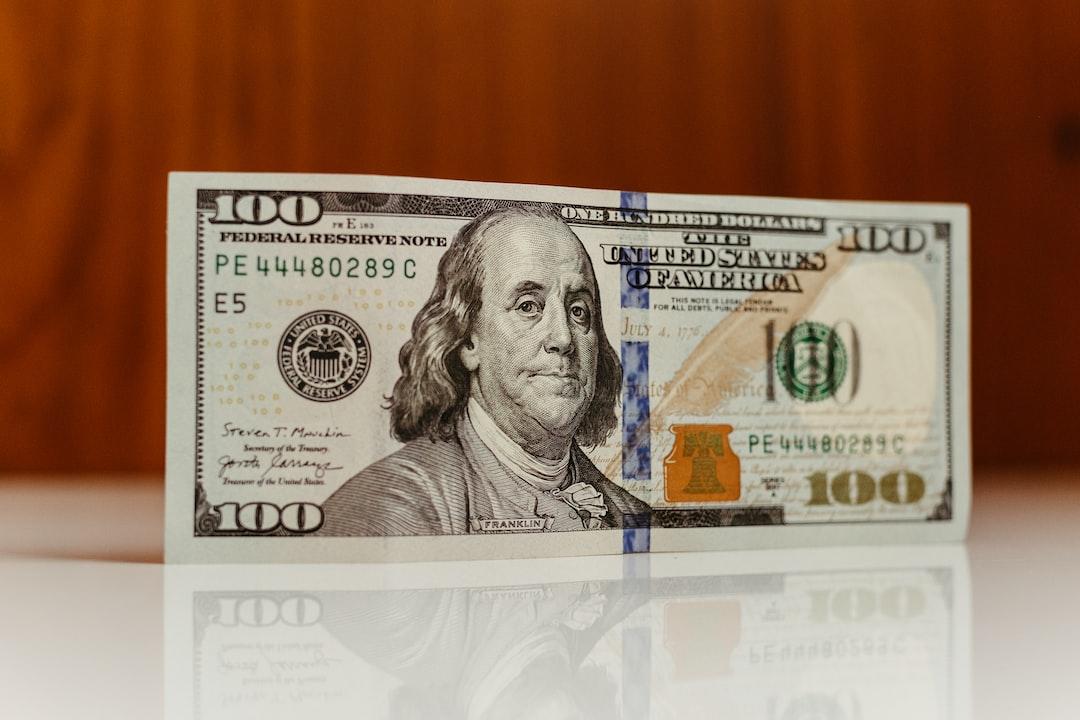PayPal Removes Buyer Protection for NFT Transactions
PayPal, the payment giant, has recently made changes to its terms of service, stating that as of May 20th, NFT (non-fungible token) transactions will no longer be covered under the company’s buyer protection program. Additionally, NFT transactions exceeding $10 million will not receive seller protection support.
In fact, PayPal updated its policy on March 21st, but it has only recently been widely reported by the media. Under the previous policy, both NFT buyers and sellers were entitled to a certain level of protection against fraud, safeguarding participants in NFT transactions from fraudulent activities.
Reason: High Uncertainty in NFT Transactions
However, according to reports from foreign media, PayPal decided to change its buyer and seller protection policies for NFT transactions due to “uncertainties in order fulfillment proof and the evolving variables in the industry.” In other words, there are many uncertain factors involved in NFT transactions. Unlike physical items, NFTs cannot prove whether they have been received or if they have any flaws. Additionally, verifying the flow of goods requires individuals with knowledge of blockchain information. Moreover, virtual goods are influenced by various factors such as technology, regulations, and market fluctuations, resulting in high levels of uncertainty.
PayPal Shifts Focus to Stablecoins
In reality, adjusting the buyer and seller protection program for NFT transactions does not mean that PayPal has completely abandoned the cryptocurrency field.
PayPal has been continuously refining its services in the cryptocurrency field. In 2022, the company expanded its cryptocurrency payment capabilities on its main platform and applied for a patent system to manage NFT purchases and transfers.
In August 2023, PayPal announced a collaboration with Paxos Trust, a New York-based cryptocurrency financial services company, to launch PayPal USD (PYUSD) stablecoin, becoming the first mainstream fintech company to introduce a stablecoin. It allows payments and transfers using the stablecoin and can be converted into USD at any time. It can also be exchanged between PayPal and its subsidiary payment service, Venmo, or converted into other cryptocurrencies.
️ Further Reading:
From FinTech Giant to Crypto Giant! Why is PayPal Optimistic about “Blockchain Finance”?
However, PayPal’s USD stablecoin has also attracted the attention of the U.S. Securities and Exchange Commission (SEC). In late 2023, the company received a subpoena from the SEC’s enforcement division, requesting documents related to its USD stablecoin. This indicates that the SEC is investigating PayPal’s activities and products in the cryptocurrency field.
According to analysis by CryptoSlate, PayPal’s decision to distance itself from the NFT market is aimed at reducing potential losses associated with fraud, especially in highly volatile market conditions. However, such a conservative approach may also limit PayPal’s participation and growth opportunities in the digital asset market once it picks up again.
Source:
The Block, Finance Feeds, CryptoSlate
Proofread by: Gao Jingyuan

